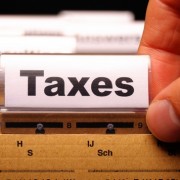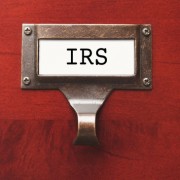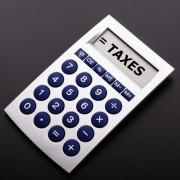Be Diligent About Saving Your Tax Records
You’re probably getting ready to sort out last year’s financial records and prepare for this year’s recordkeeping. But what should you keep and what can you throw away? Here are some suggestions.
Keep records that directly support income or expense items on your tax return. For income, this includes W-2s, 1099s, and Form K-1s. Also keep records of any other income you might have received from other sources. It’s also a good idea to save your bank statements and investment statements from brokers.
For expense items, keep documentation that supports any itemized deductions you claim. This includes acknowledgments from charitable organizations and backup for taxes paid, mortgage interest, medical deductions, work expenses, and miscellaneous deductions. Even if you don’t itemize, keep records of expenses for child care, medical insurance if you’re self-employed, and any other expenses that appear on your return.
The IRS can audit you routinely for three years after you file your return. But in cases where income is underreported, they can audit for up to six years. To be safe, keep your tax records for at least seven years.









